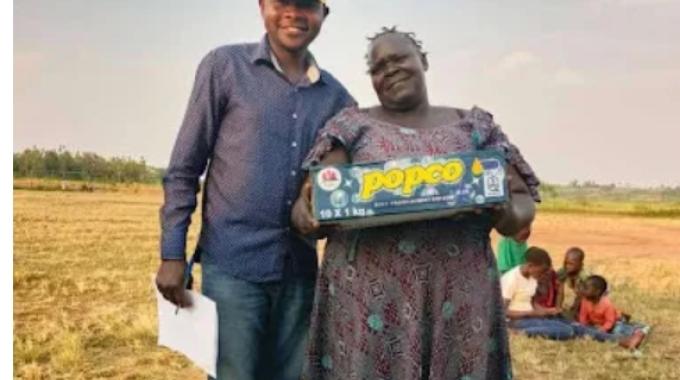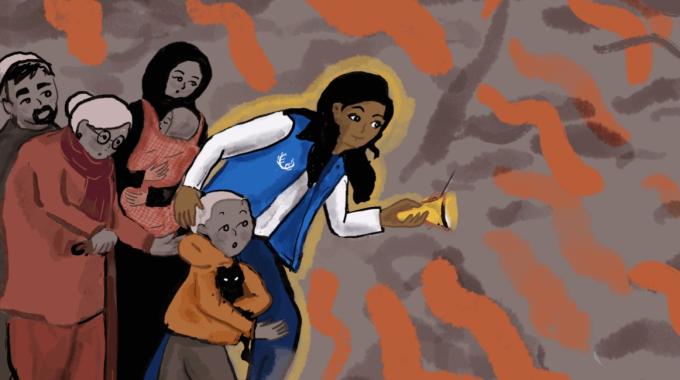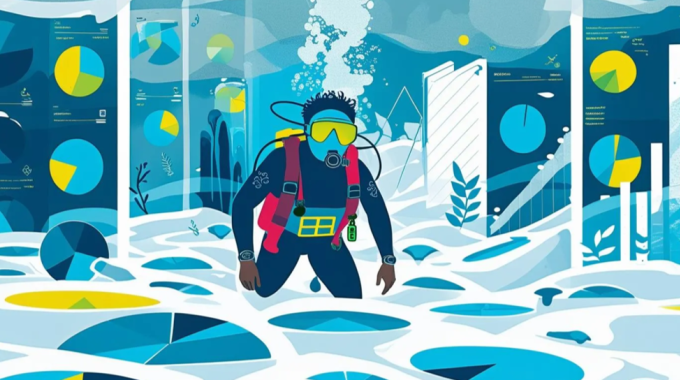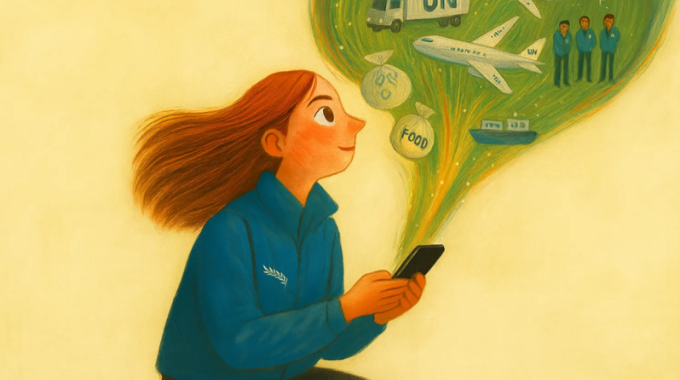As extreme weather events, conflict, and displacement escalate, humanitarian needs continue to grow, outpacing available resources. Addressing these complex and interconnected challenges requires a shift from traditional humanitarian approaches to more adaptive, technology-driven solutions and strategic partnerships. Technological advancements have the potential to mitigate disasters, enhance emergency response efficiency, and transform the lives of vulnerable communities worldwide. HIA seeks proven, innovative, technology-driven solutions that provide crisis-affected populations with access to information, financial resources, and essential infrastructure. Additionally, HIA seeks innovations that strengthen humanitarian organizations’ crisis management and coordination capabilities.
We welcome applications from established startups, companies, NGOs, and organizations ready to scale impactful solutions for global humanitarian challenges to showcase their innovations that fit under one of four challenges areas. We also welcome “wildcard” entries, including cutting-edge technologies that currently operate in other sectors but have strong potential to be adapted for humanitarian and emergency settings. Learn more here.
Geographies of Interest
We strongly encourage applications from organizations implementing solutions in the following regions:
Afghanistan, Burkina Faso, Chad, Central African Republic, Democratic Republic of Congo, Ethiopia, Haiti, Iraq, Laos, Lebanon, Libya,, Mali, Mozambique, Myanmar Niger, Palestine, Somalia, South Sudan, Syria, Ukraine and Yemen
* Applications outside these regions will still be considered if they demonstrate alignment with the call for applications and eligibility criteria.







